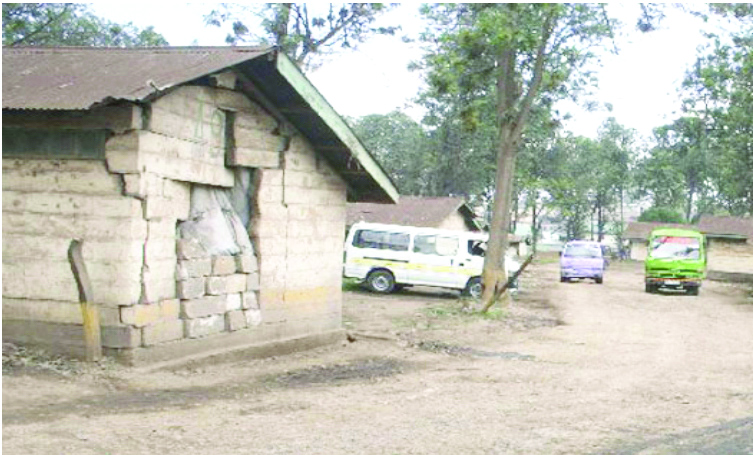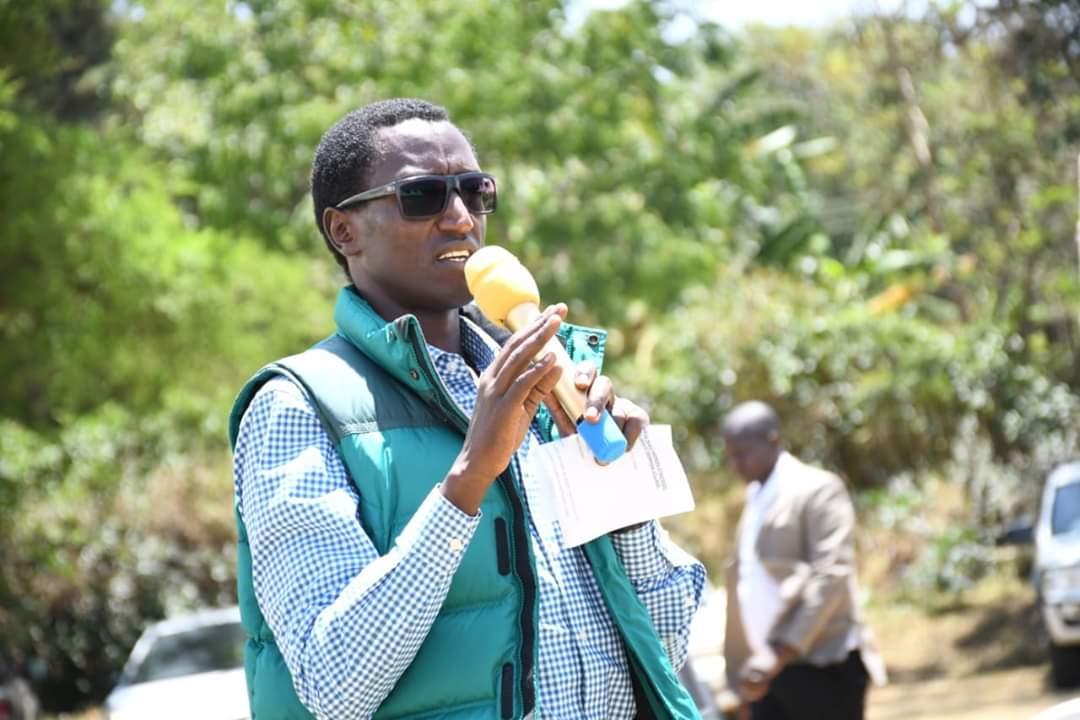Railways pension struggling despite Ksh32B worth of asset

The Kenya Railways Staff Retirement Benefits Scheme (KRSRBS) is grappling with liquidity challenges, despite holding an asset base estimated at more than Ksh32 billion.
Speaking on the sidelines of the fourth Annual International Conference of the Association of the Pension Trustees and Administrators of Kenya (APTAK) in Mombasa, Jacqueline M’Mbogah, a trustee of the scheme, acknowledged that the fund is struggling to raise Ksh105 million monthly to pay its approximately 8,500 pensioners.
“Every month, we must raise Sh105 million just to meet the pension payroll,” M’Mbogah said.
“This is a significant challenge considering the nature of our asset portfolio.”
The scheme, established in 2004, is largely composed of land holdings, some of which are in a dilapidated state, making it difficult to generate immediate revenue.
M’Mbogah described the scheme as “asset-rich but cash-poor,” adding that when she joined as a sponsor-nominated trustee in 2019, the pension arrears had ballooned to 13 months.
“Imagine coming in as a trustee and all you have to work with is an island, most of it undeveloped or undervalued. The properties can’t fetch much in the market, and meanwhile, retirees are waiting for their payments,” she said.
To plug the funding gap, the scheme has identified several key assets for disposal, including its Makongeni property in Nairobi.
The land, spanning 149 acres, is earmarked for affordable housing development.
However, its management has previously come under scrutiny from the Ethics and Anti-Corruption Commission (EACC) over the irregular sale of a separate 139-acre parcel in the same area.
“There are ongoing discussions around the affordable housing project, and we’ve also advertised 43 acres in Gara for sale, with the closing date set for this Monday,” M’Mbogah said.
The KRSRBS serves retired employees of the Kenya Railways Corporation (KRC), offering pension and other retirement benefits, as well as support for the dependents of deceased members.
Despite the hurdles, M’Mbogah said the scheme recently cleared all arrears, a feat achieved by monetising some assets. “When I joined, we had 11,000 pensioners. Attrition has brought the number down to around 8,500, with roughly 200 passing away each year,” she said.
“We collect about Sh20 million monthly in revenue, which is still far below the Sh105 million needed for the payroll.”
Metrofile Kenya CEO Jacqueline Mburu emphasised the urgent need for digital transformation within the pension industry.
Speaking at the same conference, she warned that the integrity of pension records, many of which date back over 50 years, is increasingly at risk due to physical degradation and poor archival systems.
“Data is the new gold, and in the pension industry, trust is everything. If we can digitise and secure this data, we can empower trustees and members with timely, reliable access to critical information,” Mburu said.
Metrofile Kenya has partnered with the Kenya Association of Records Managers and Archivists to support national efforts toward a paperless, digitally secure future across both public and private sectors.
“The biggest gaps we see are within the government, where loss, theft, and degradation of records are rampant,” Mburu said.
“Our goal is to help close those gaps and ensure compliance with evolving governance standards.”













